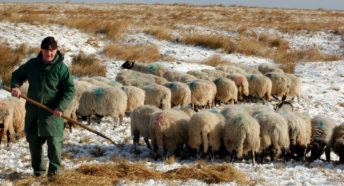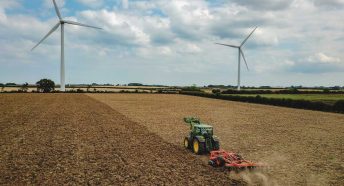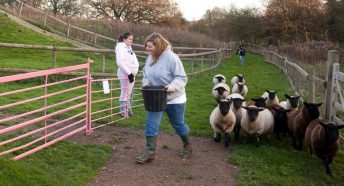We say: revive our council farms
We’re glad the government’s backing council farms, but they’ll need to act quickly to save these vital countryside assets.
It was good to see the government commit to carry on funding council-owned council farms. This investment is much needed and long overdue. Many of these farms have been sold off in recent years. In fact, the loss of council farms, sometimes referred to as ‘county farms’, has increased fivefold since 2016. At that rate, we could lose them all in just over 30 years! Without these farms, it can be extremely difficult for new farmers to enter the profession.
The revival of council farms was under the spotlight last week with the second reading of the Agriculture Bill in the House of Lords. This Bill is a once in a generation opportunity to change the way England farms for the better. It represents a radical rethink of farming practice.
Most importantly for us, it begins to acknowledge the benefits of publicly owned land, including council farms. For example, they can help secure our food supply, support new farmers and help us tackle the climate and wildlife emergencies by farming in harmony with nature.
Our Agriculture Lead, Graeme Willis, said:
‘Continuing the sale of our council farms is like shooting ourselves in the foot when it comes to securing the future of farming in England. By holding onto their council farms, councils can use the land they own directly to help tackle the climate and nature emergencies, give young farmers a foot in the door and make sure we continue to develop innovative nature-friendly farming techniques.
‘That’s why it’s heartening to see clear support for council farms during this recent debate in the House of Lords. We welcome the government’s commitment to invest in local councils for the future of their farms and we look forward to working together to help shape the new programme of investment in the months ahead.
‘But right now, as farms continue to be sold off, we need to know much will be available and when funding will start, how many new entrants it will support and how it will drive innovative, environmentally sustainable farming that delivers for people and nature.’
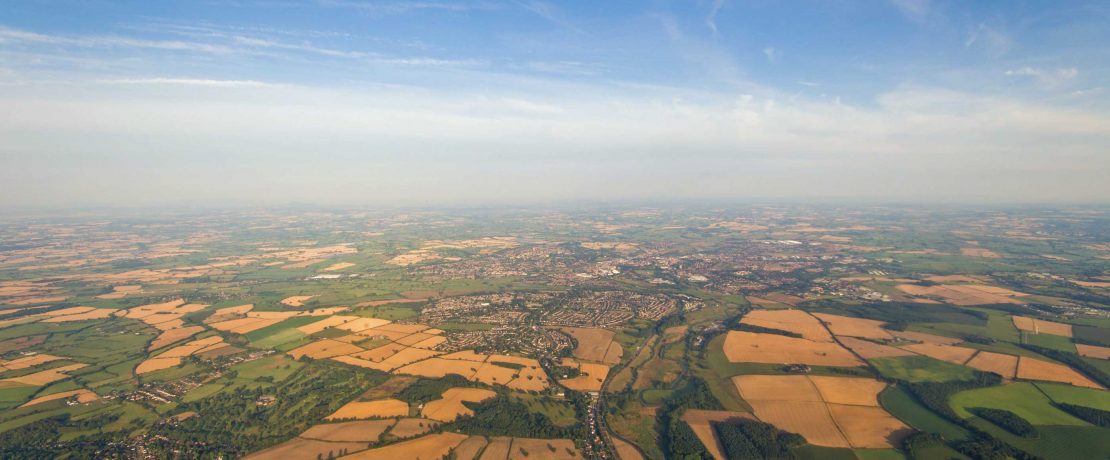



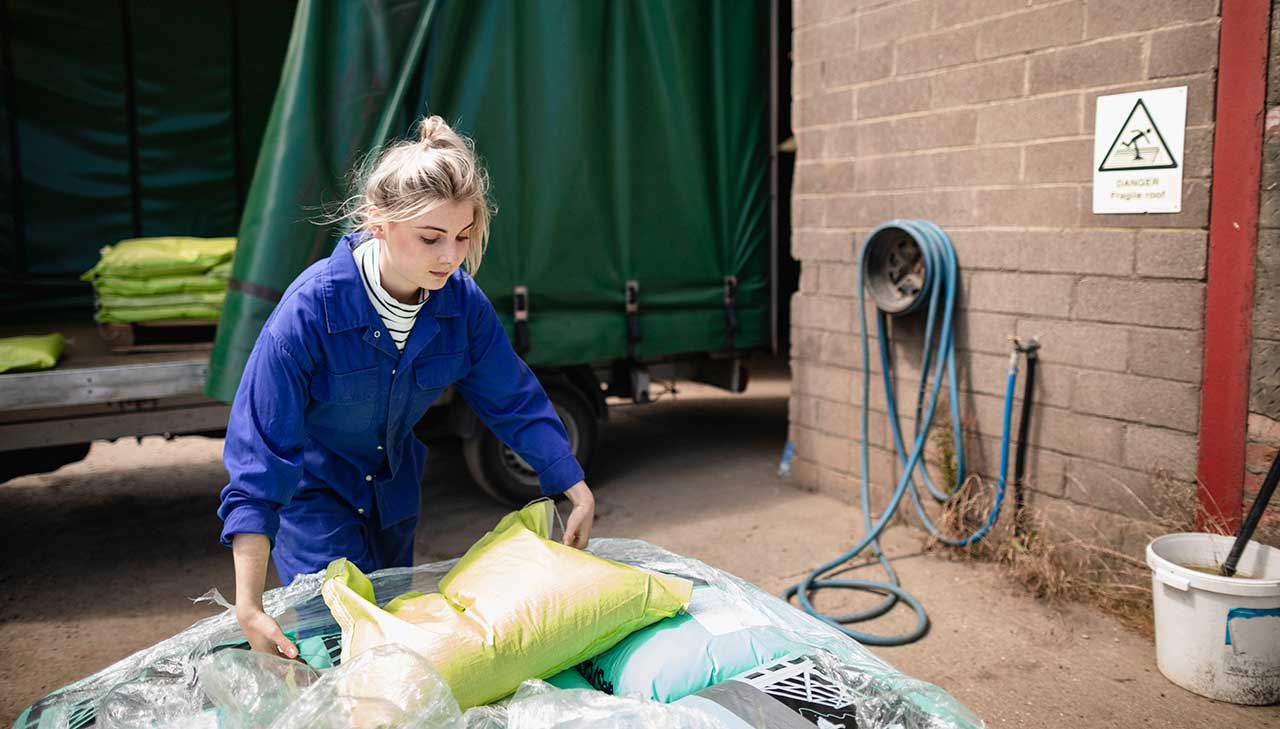
 3 min read
3 min read 